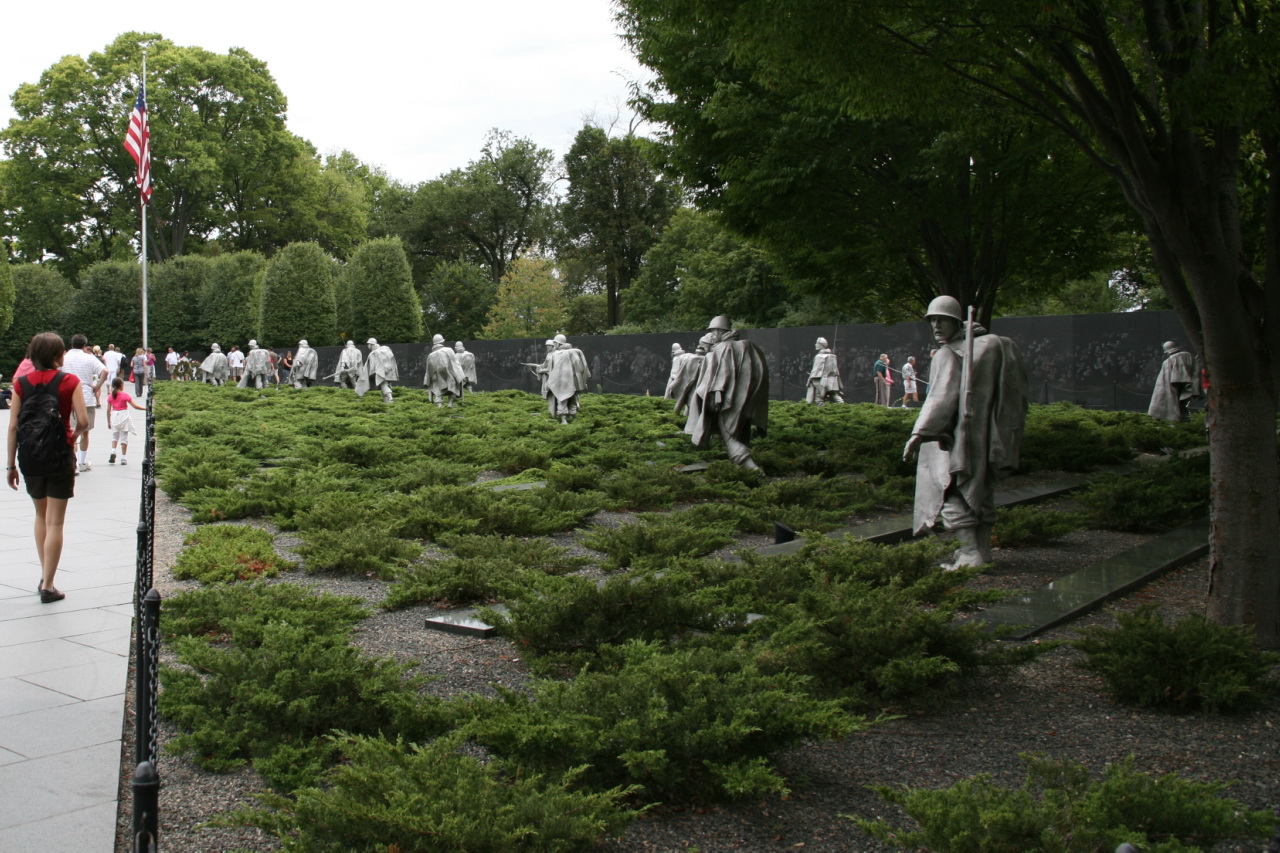I, for one, sure hope so. I admit that I'm a geek, but honestly, I love wikis.
My infatuation with wikis is a relatively young love, however. The first time I tried out a wiki, to be honest I really didn't get it. I had no idea how I could apply the technology. I understood the idea of
Wikipedia (an encylopedia that anyone can contribute to), but I didn't feel that I had any particular area of expertise to use as the basis of building my own wiki. This line of thinking shows that I had failed to grasp the true essence of wikis: that they are
collaborative documents. My problem with understanding wikis was that I kept thinking of starting
my wiki. But a wiki is not the product of any one person. It belongs to a group. Of course I had trouble thinking of how to apply the technology--wikis come about because they are useful tools for groups, and I didn't have a group.
But the seed idea of wikis was planted, and it lay dormant in my brain until groups came along that could make use of wikis. Here's a good example: a group of people working on a volunteer outreach project who needed to brainstorm a list of questions for conducting interviews. The group members had trouble getting together in one time and place, but the questions were needed pronto. Solution: a wiki! Each group member could edit the list of questions on the wiki, building on, improving/revising, and adding to the ideas of others. Rather than each person working in isolation, creating a list and emailing it to someone to compile, the group worked collaboratively to create a single product. This system eliminated redundancy, saved time, and ultimately produced a better result than would have been created by people working in isolation.
How do I see wikis working in adult literacy programs? First off, they are a great tool for committees of any kind that need to produce a collaborative work (a curriculum development project, a set of standards, an evaluation rubric, a policy draft, etc.). Secondly, they could be used for teachers to collaborate on lesson planning. As community Web spaces, wikis could be created for teachers working at the same level, where they could upload worksheets and share activity ideas. Lastly, wikis could be created by teachers for their classes, where students could share their ideas and creative work. Do you want your class to create a group project, such as a cookbook or program brochure? Why not use a wiki? Do you want students to read and respond to each other's writing? Build a student writing wiki.
It's important to note that wikis can be either public or private. You might want your students' work to be public, but you might not. Your curriculum development project might need to be private, but perhaps your worksheet/activity sharing space could go public.
How can you get started with wikis? Here are several wiki hosting services that are easy to use, free or low-cost, and produce an attractive, functional site with a minimal amount of effort:
http://www.pbwiki.com/http://www.wikispaces.com/http://www.wetpaint.com/Why not start a wiki with your group and see where it leads you!


















